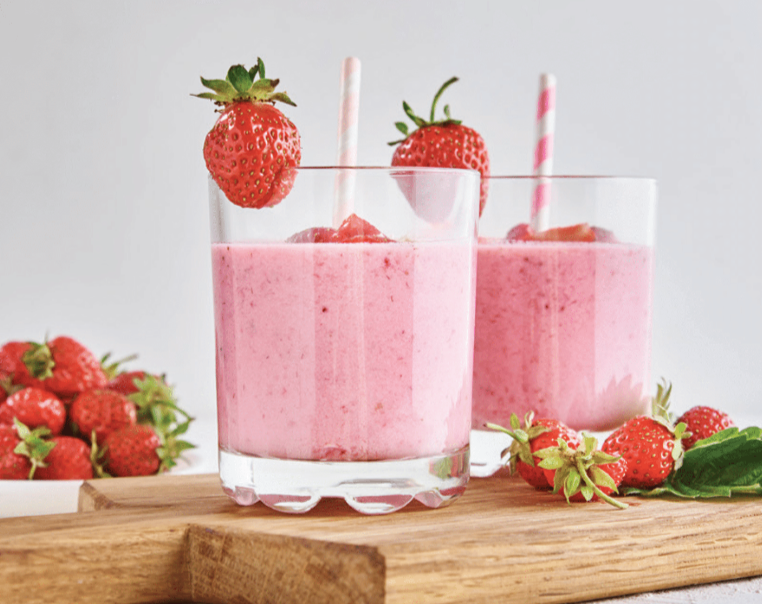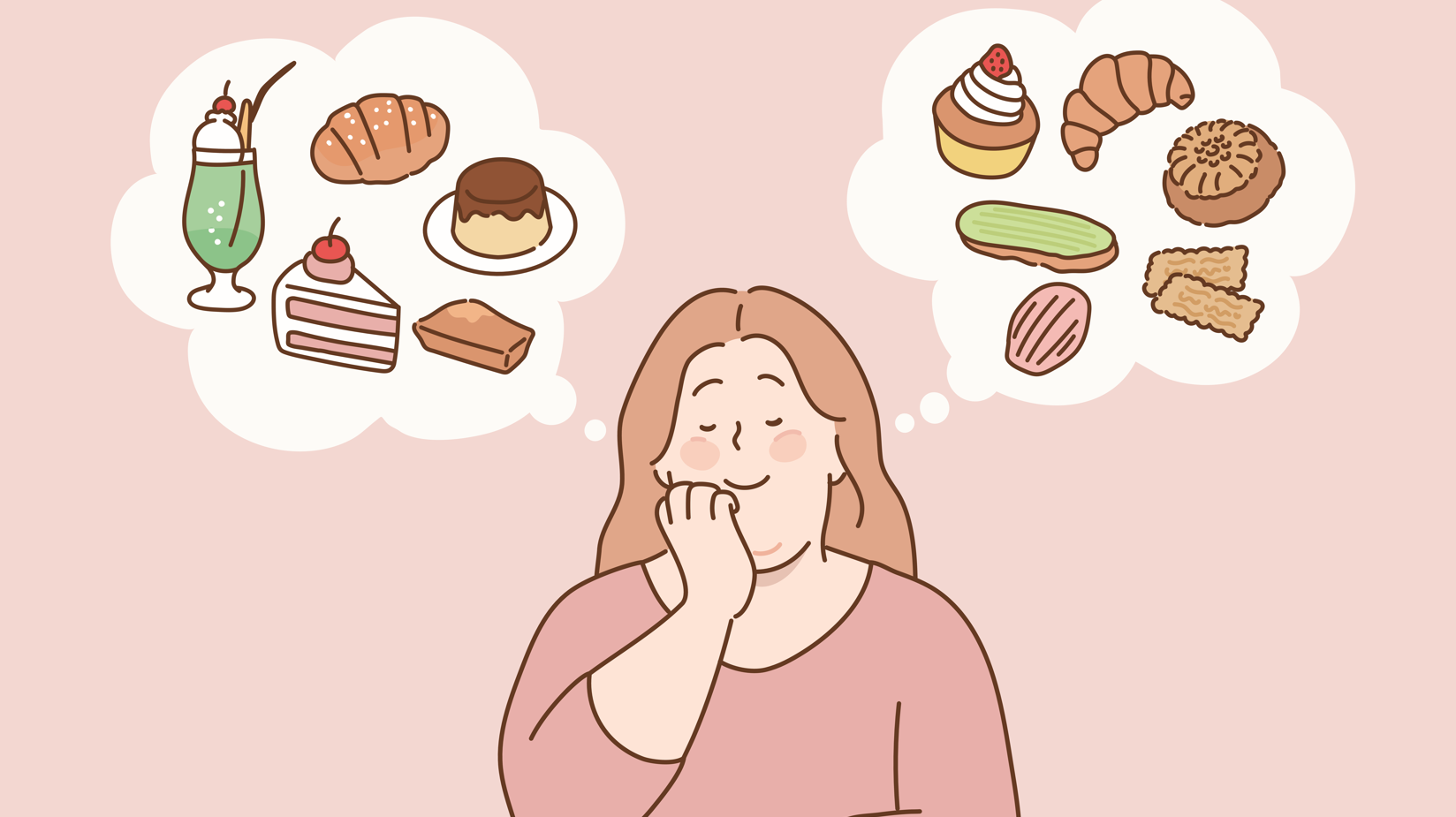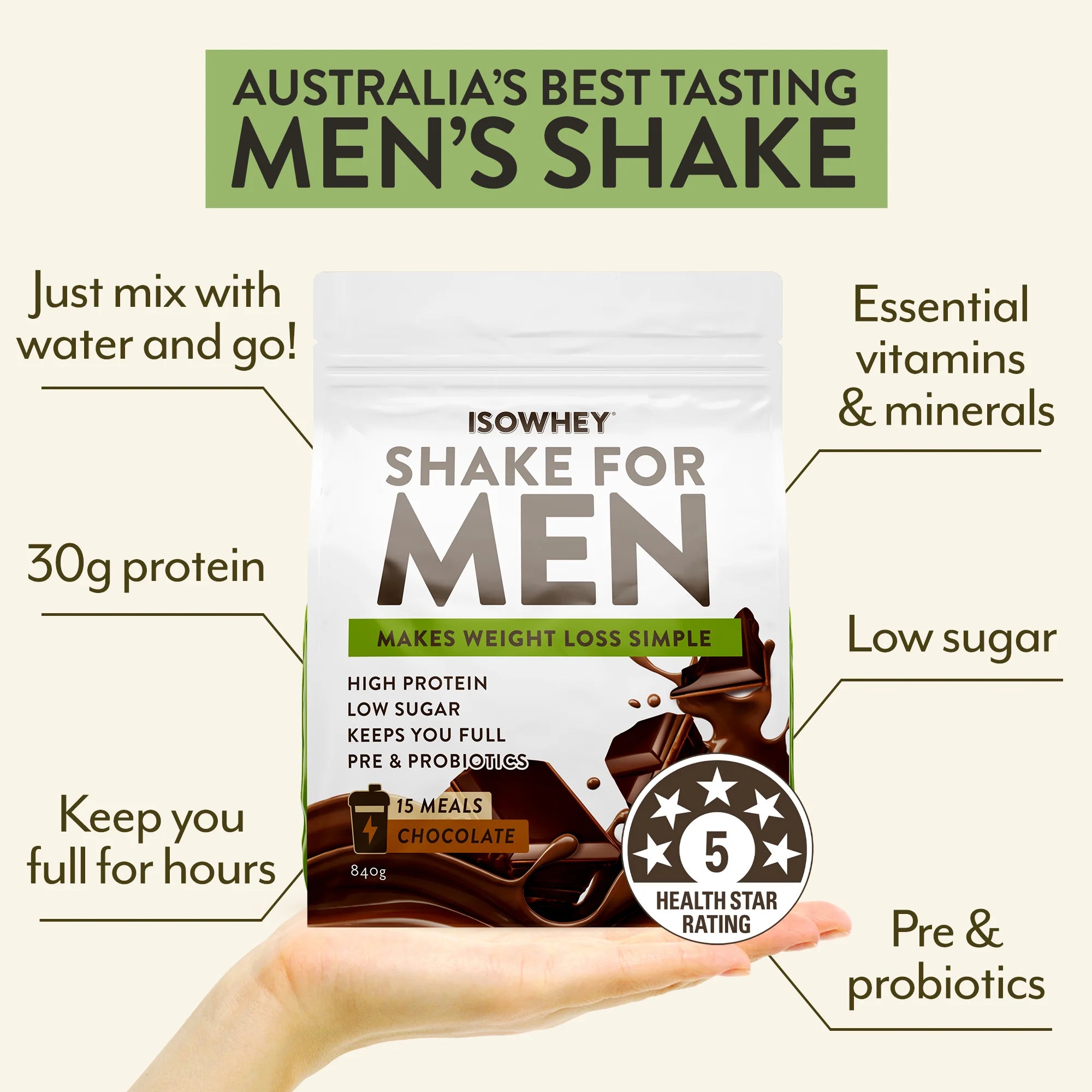Weight loss in your 30s: Tips & tricks
When you reach your 30s, the body requires less energy, yet we tend to eat the same amount as we did in our youth. Without exercise to compensate the extra energy your body is getting; you will put on weight!
Why is it harder to lose weight in yours 30s?
It’s harder to lose weight as you get older, and it becomes noticeable as young as 30! Eating more and moving less is the main cause of weight gain in your 30s. We don’t require as much energy, but we don’t change our eating habits. Think about how different your lifestyle was when you were 20 compared to 30. We move less because we are driving, working office jobs, social activities become dinners at a restaurant and drinks at the bar, we’re not burning the amount of energy we used to because life gets in the way.
Your stress levels tend to increase in your 30s. Unsurprisingly, full time work, bills, and lack of sleep stress us out. When you’re in your 30s, you’ve likely got a lot more on your plate than you did a decade ago! It is very common to overeat when you’re stressed and overworked.
Why do we stress eat?
There is a direct link to stress eating and weight gain. Stress increases levels of cortisol in the body, which is the ‘stress hormone’. High levels of cortisol brought on by stress can create cravings for sweet, sugary, salty, or processed foods. We’re also social beings, meaning when we’re stressed, a lot of us tend to reach out for support. Talking with a friend is a great way to relieve stress but pairing a deep & meaningful with chocolate & ice cream needs to be kept limited.
How can I avoid overeating?
Be conscious of what you’re putting into your body and think before you eat. Ask yourself, are you eating because you are genuinely hungry? Or are you comfort eating? Maybe you’re just bored! One of the most common reasons for overeating stems from boredom. Regulating your eating habits can be hard but if you’re in your 30s and are struggling to lose or maintain weight then think about starting a food diary.
Having a food diary forces you to acknowledge your eating habits. Logging what you eat throughout the day helps you see whether you should be hungry according to what you have consumed that day so far. There are many apps available, but a handwritten diary will do the trick. Another way to avoid overeating is to calculate your BMR, it will tell you how many calories you need to
consume in order to lose weight and maintain the loss. We offer a free BMR calculator on the bottom of our homepage, you can also find it here. This will give you guidelines to follow, making it a little easier for you to stay on track.
Weight loss tips
Stop emotional eating
Your 30s are a very stressful time. You are still finding the right balance between work life and social life, and a lot of us pay less attention to our general health & wellbeing. Emotional eating leads to unhealthy cravings and overeating. If you’re stressed, sad or bored you might feel an urge to reach for something, sweet, sugary, or processed and this could really affect your weight loss progress. Emotional eating is hard to combat, but there a few things you can do to help with the urges.
- Distract yourself
- Sometimes a distraction is all we need to keep us from overeating, you can try going for a walk, read, doing chores around the house.
- Drink water
- Dehydration often disguises itself as hunger, so if you’re feeling hungry try drinking some water to see if you really need to eat, you might just be thirsty.
- Don’t skip meals
- Make sure you’re eating enough. If you’re constantly hungry throughout the day, then chances are your body is not getting enough energy. Try eating three nutritionally balanced meals a day with snacks, you might find you’re not getting enough protein or fibre, which both help to keep your body fuller for longer.
Prioritise sleep
Sleep is more important than you know. Frequent sleep deprivation can lead to weight gain because your metabolism slows down when you’re overtired! Sleep deprivation changes your metabolism and your body’s production of insulin. Both are down after a sleepless night. Help your body maintain the weight loss with a decent 7-9 hour sleep every night.
Prioritise yourself
Only you know what’s best! Listen to your body. Don’t go on a diet that’s going to make you unhappy. Set attainable goals for yourself. Choose filling, nutrient-dense foods that will help tide you over for longer. Low-GI foods like wholegrains, beans, legumes will keep you fuller for longer, resulting in you eating less!
Portion control
If you’re eating all the right foods and you’re still having trouble with weight maintenance, then you are probably overeating. It doesn’t matter how healthy your food choices are, you must practise portion control! Meal replacementshakes come in handy here, there’s no need to count calories and you’ll still be getting a nutritionally complete meal! We offer a range of shakes that will help keep your portions in order. You can shop our range of shakes here.
Go out of your way
If you’re in your 30s, you’re probably living a pretty busy lifestyle. If you can’t find time to exercise, then put extra effort into everyday things.
- Walk the long way: If you are going a short distance, walk instead of drive & walk at a fast pace
- Take the stairs instead of the lift
- Put extra effort into chores: wash up instead of using the dishwasher make your bed every morning, mop the floors
Losing weight in your 30s is probably harder than you thought it would be, but it is possible! Take control of your health and strive towards a healthier you.









